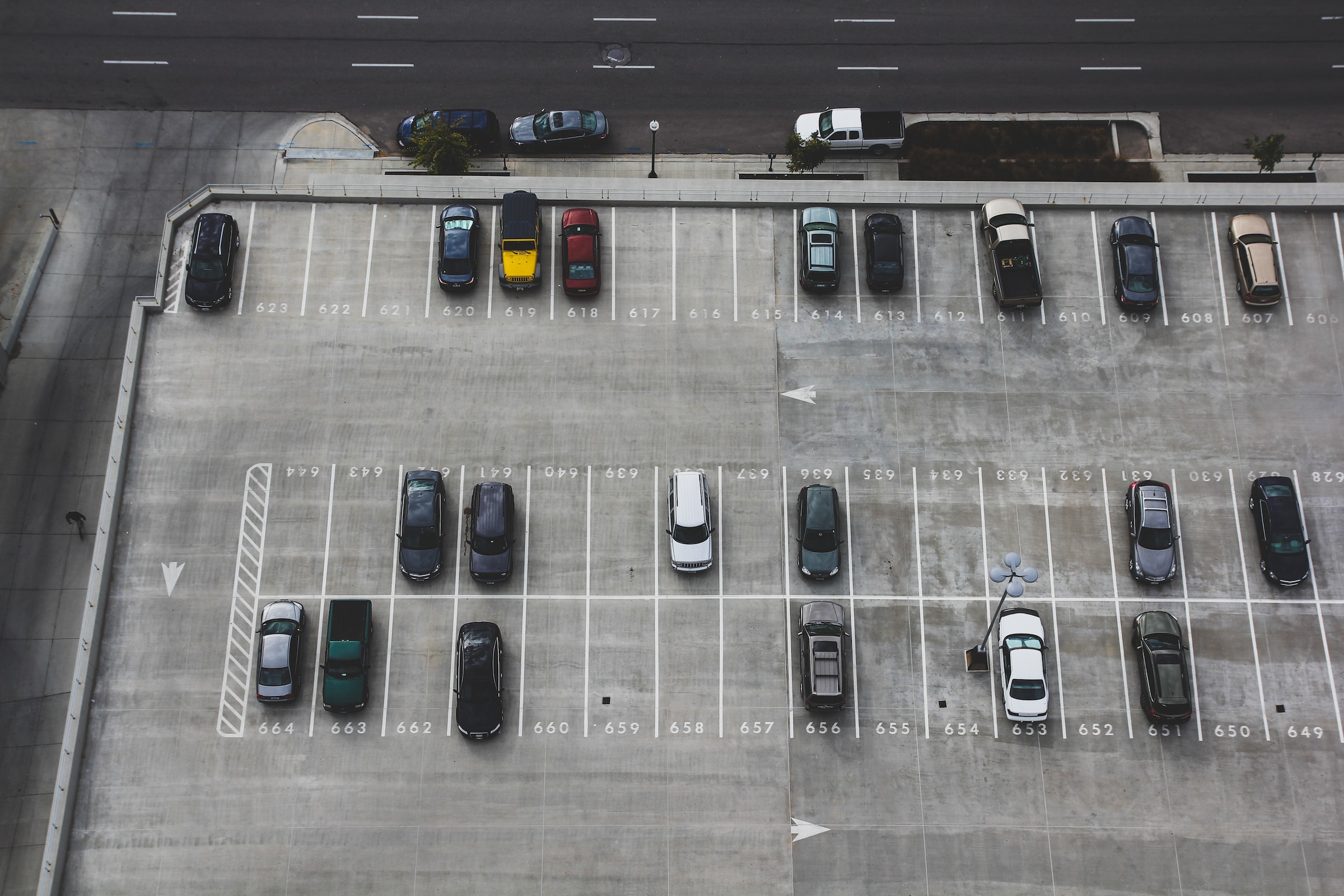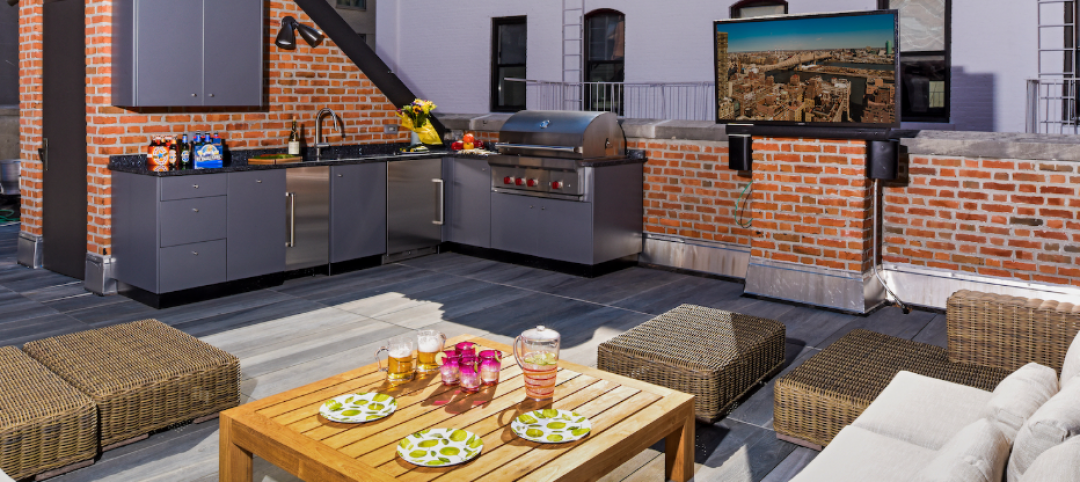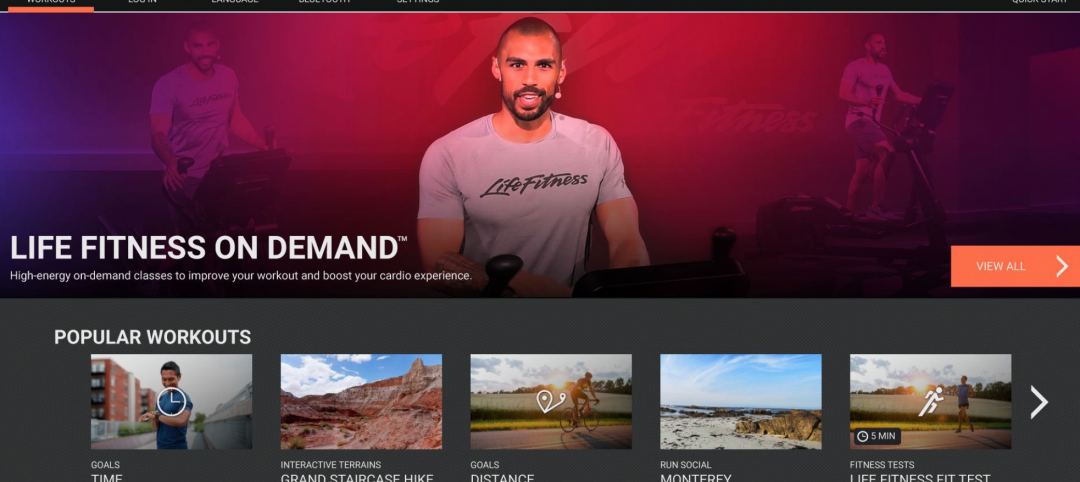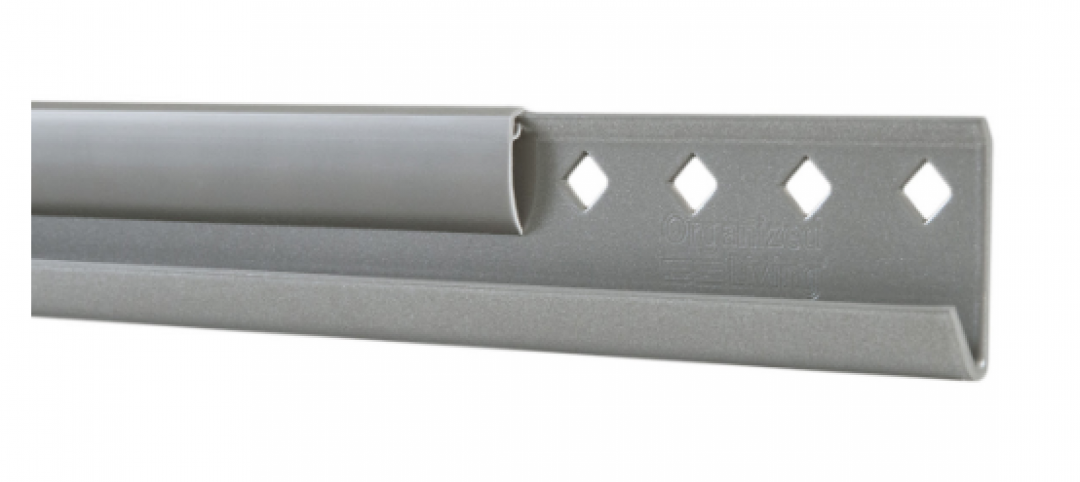Cities in the South and Southwest have eased zoning rules with parking space mandates in recent years to allow developers to build new housing with less parking.
Building large-scale residential developments that reduce or eliminate parking yields walkable neighborhoods that appeal to a significantly sized cohort of renters, according to a report by Bloomberg. Not having to build parking structures greatly reduces the cost of such projects. An estimate of the median cost of a parking structure in the U.S. in 2021 was $25,700 per space.
Some developers say they have passed the cost savings on to renters. One told Bloomberg that they are offering apartments at $100 to $200 below the cost of comparable units offered by competitors.
New transportation options like ride-hailing services and electric bikes and e-scooters along with cities’ embrace of paths and bike lanes have made car-free living more feasible even in cities designed with widespread car ownership in mind. Higher sticker prices on cars and the high cost of car ownership generally have also steered renters away from automobile ownership.
Grubb Properties has noted a marked decline in car usage among their renters. In its Link sub-brand of multifamily projects launched in 2013, the number of car spots utilized per bedroom has dropped from 1.4 to 0.7 over the last 10 years.
Related Stories
| Jan 19, 2020
Pioneer introduces new Lux-Flow showerhead
Pioneer Industries has launched the Pioneer Lux-Flow showerhead.
| Dec 18, 2019
Making contacts that lead to "true partnerships" is key to Student Housing ProCONNECT event for Pfister's Tracey Qualteri
Tracey Qualteri, Pfister Faucets, at Student Housing ProConnect in Denver, November 11 2019
Multifamily Housing | Dec 11, 2019
8 noteworthy multifamily projects to open in late 2019
From a prefab high-rise in Denver to a seaside village in Oxnard, Calif., these projects highlight the innovative multifamily developments to open their doors in late 2019.
Multifamily Housing | Dec 9, 2019
Student Housing ProCONNECT event draws developers, contractors, architects, and building product manufacturers to Denver
2½-day event connects attendees with vendors—and each other.

















